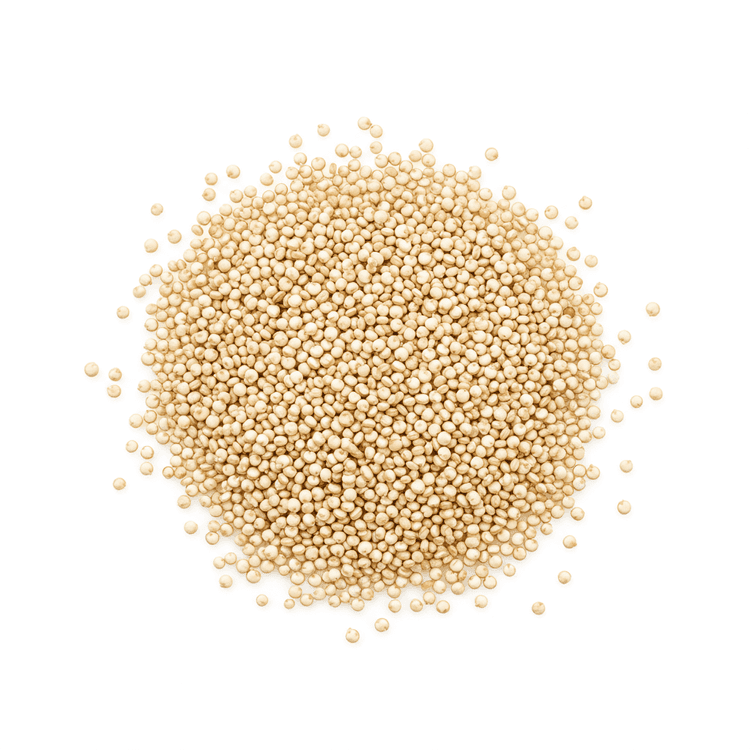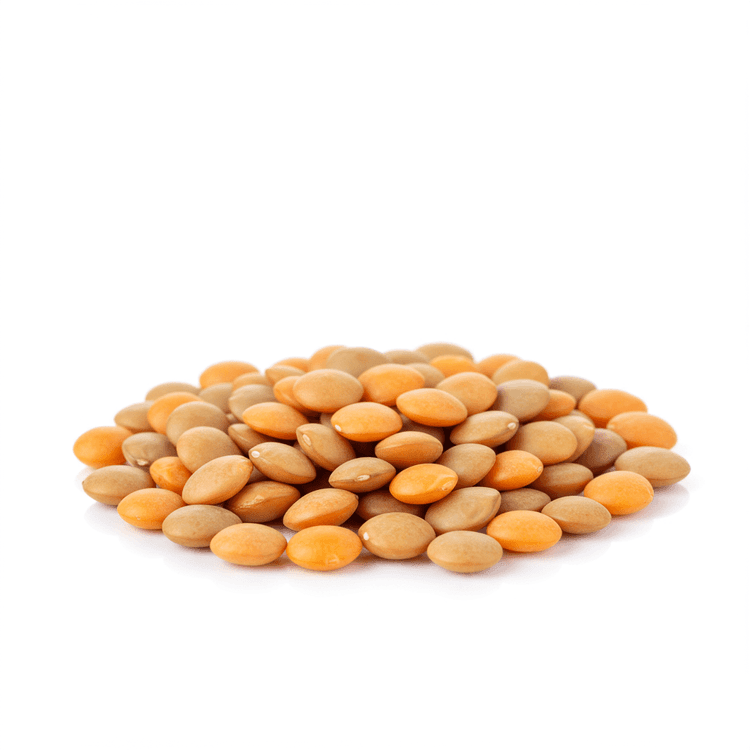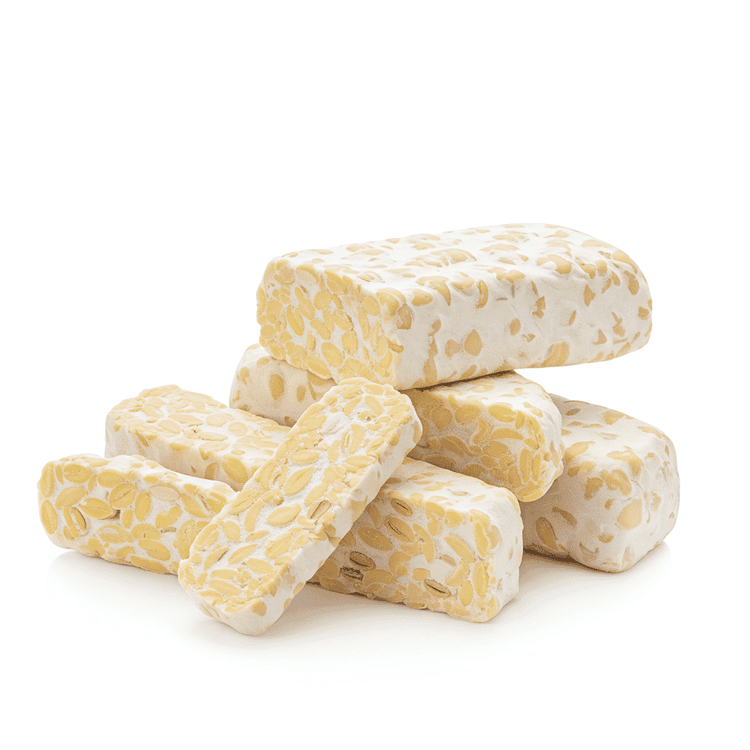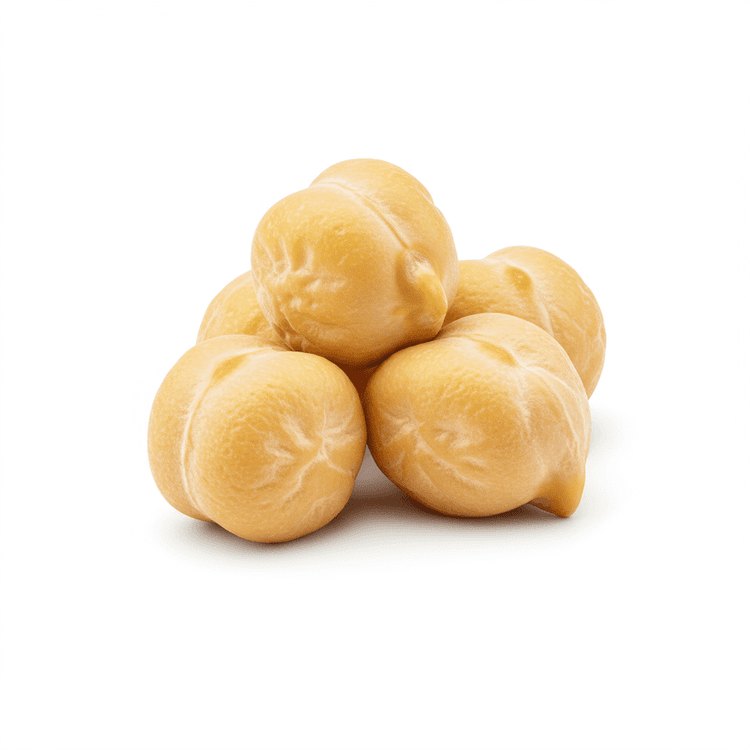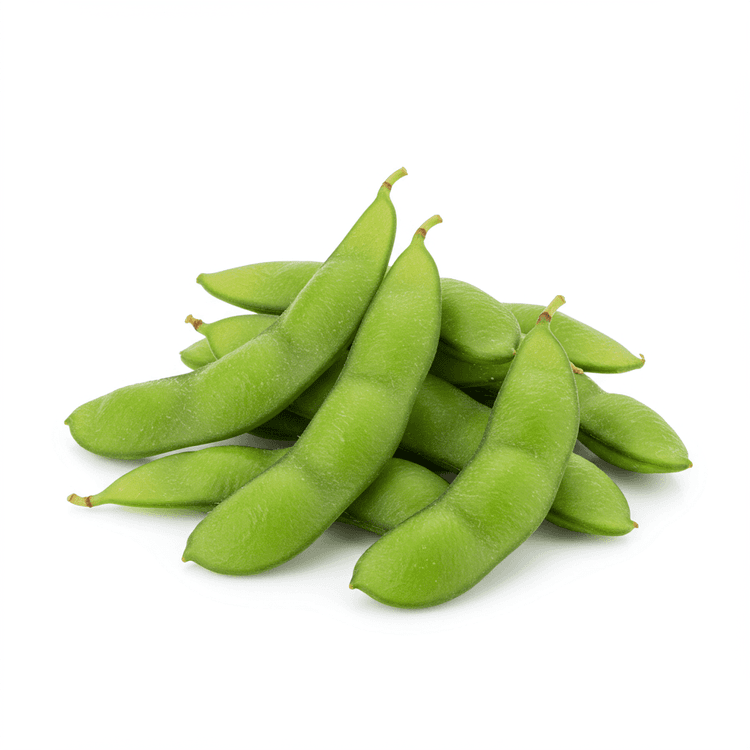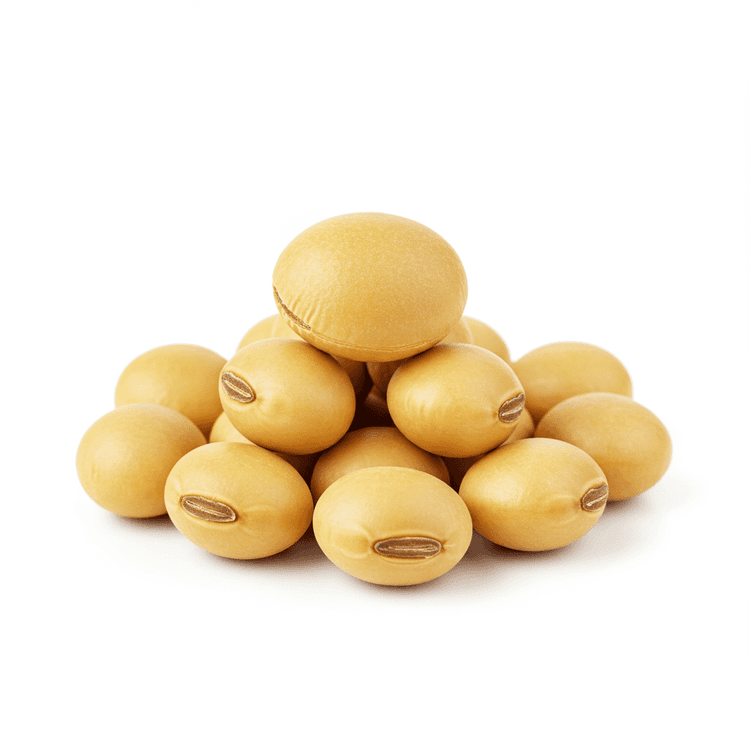
Soy
Soy, or soybeans, are legumes prized for their versatility and nutritional value. These small, round beans range in color from pale yellow to brown. Cooked soybeans have a slightly nutty and subtly sweet flavor. Their texture is firm and creamy when properly prepared. Soybeans are a staple ingredient in many cuisines and are a crucial source of plant-based protein. Explore the numerous ways to use soybeans and unlock their culinary potential. Perfect for vegetarians and vegans looking for protein rich ingredients.
Common Uses
- Soybeans are often used to make tofu, a versatile ingredient that absorbs flavors well and can be stir-fried, baked, or added to soups. Tofu recipes are a fantastic way to create satisfying vegetarian and vegan meals.
- Soybeans can be processed into soy milk, a dairy-free alternative that can be enjoyed on its own or used in smoothies, coffee, and baking. Making your own soy milk is easier than you think.
- Fermented soybeans are used to produce soy sauce, a staple condiment in Asian cuisine, adding a savory and umami flavor to dishes. Discover how soy sauce enhances your favorite recipes.
- Soybeans are the key ingredient in tempeh, a fermented soybean cake with a firm texture and nutty flavor, which can be grilled, pan-fried, or crumbled into salads. Learn to cook tempeh for a healthy and delicious meal.
- Roasted soybeans make a crunchy and healthy snack or can be added to salads for extra texture and protein. Looking for healthy snack ideas? Try roasted soy beans!
- Soybeans can be used to produce miso paste, a fermented soybean paste used as a flavoring agent or ingredient in miso soup and other savory dishes. Use miso for a boost of flavor.
Nutrition (per serving)
Nutrition (per serving)
Calories
446.0kcal (22.3%)
Protein
36.0g (72%)
Carbs
30.0g (10.91%)
Sugars
7.0g (14%)
Healthy Fat
17.3g
Unhealthy Fat
3.0g
% Daily Value based on a 2000 calorie diet
Nutrition (per serving)
Calories
446.0kcal (22.3%)
Protein
36.0g (72%)
Carbs
30.0g (10.91%)
Sugars
7.0g (14%)
Healthy Fat
17.3g
Unhealthy Fat
3.0g
% Daily Value based on a 2000 calorie diet
Health Benefits
- Excellent source of plant-based protein, essential for muscle building and repair.
- Rich in isoflavones, which may help reduce the risk of certain cancers and improve bone health.
- Contains fiber, promoting healthy digestion and gut health.
- May help lower bad (LDL) cholesterol levels, supporting heart health.
- Provides essential amino acids that the body cannot produce on its own.
- Good source of iron, important for energy production and preventing anemia.
Chefadora AI is here.
Experience smarter, stress-free cooking.
Storage Tips
Soy products vary in storage requirements. Unopened shelf-stable soy milk and tofu can be stored at room temperature until the expiration date. Once opened, refrigerate immediately and use within 5-7 days. Fresh tofu should be submerged in water, changed daily, and refrigerated; it will last up to a week. Cooked soy foods should be stored in airtight containers in the refrigerator and consumed within 3-4 days. Soybeans can be stored in a cool, dry place for long-term storage.
Marnirni-apinthi Building, Lot Fourteen,
North Terrace, Adelaide, South Australia, 5000
Australia
